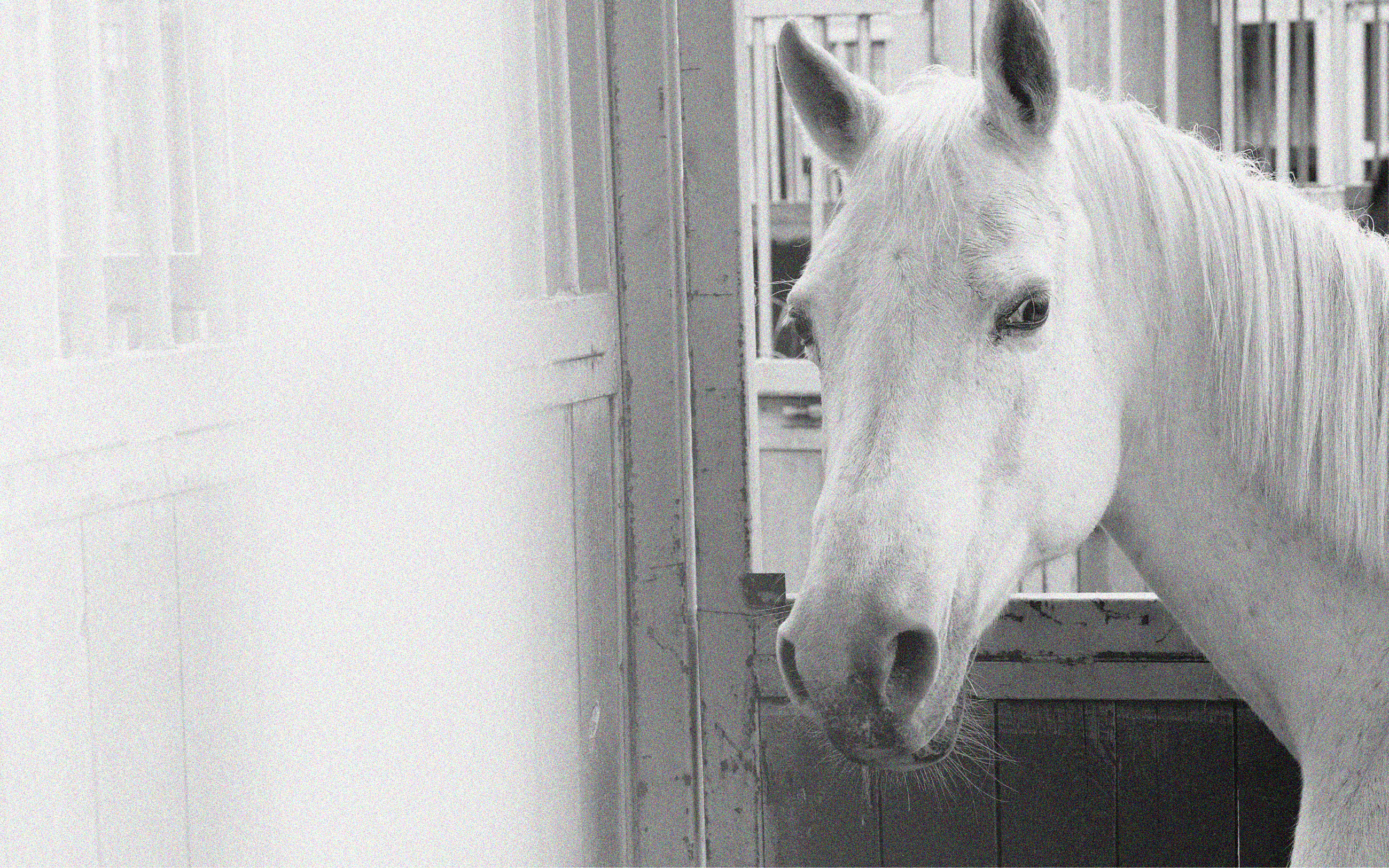
Experiments on Horses: A Quiet Truth of Animal Research
Horses have long been revered by humans, but this has not stopped researchers from sacrificing them in the name of science.
For much of our recorded history, and with accounts extending as far back as circa 130 C.E., humans have forced horses to serve as experimental subjects for various purposes, including blood pressure experiments, surgical training in the absence of anesthesia, and antitoxin research.
“The noble horse groans and strains…”
Such reads a nineteenth century description of vivisection, the practice of cutting into live animals in the name of science. And – even though early attempts at securing protections for animals subject to experimentation frequently included horses and the first attempt by a national government to regulate animal experimentation (i.e., the Cruelty to Animals Act of 1876, England) included provisions specific to horses–the headlining description could easily, aptly, and all-to-frequently describe what’s happening inside today’s laboratories.
In 2021, U.S. research and testing facilities reported confining and using for their purposes 2,846 horses.
Beyond the physical pain forced upon horses exploited for human research–who, by way of example, have their joints ravaged intentionally by arthritis–they endure extreme mental distress.
Horses are highly intelligent, emotional, and social beings who recognize and understand human facial expressions; use memories of past experiences with humans to shape their future interactions; suffer fear and anxiety, including increased pessimism, when handled roughly by humans; and react physiologically to humans thinking negative thoughts.
Horses need protection from the agony inflicted upon them by U.S. laboratories.
The horses incarcerated within U.S. labs today run the gamut from those forced to bear foals for industry purposes to those upon whom severe, unremediated pain is inflicted. But, all of them share in two truths:
- Their exploitation and suffering is wholly unnecessary.
- They, just like all other nonhumans commodified and abused in the name of human science, deserve to be protected.